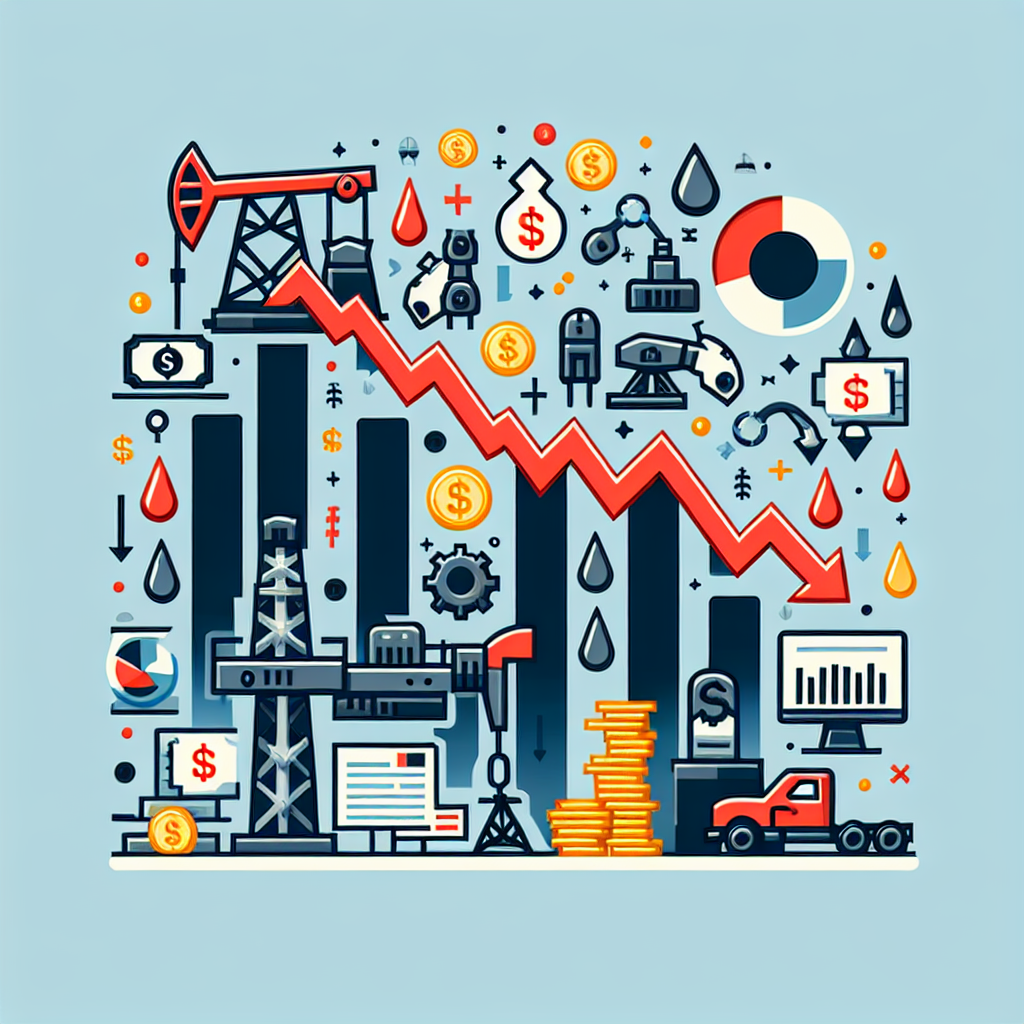Oil giant Chevron to cut thousands of jobs as it seeks billions in savings - The Washington Post | Analysis by Brian Moineau
**Title: Navigating the Waves of Change: Chevron's Workforce Reduction in a Shifting Global Landscape**
In a significant move that has rippled through the oil industry, Chevron recently announced its decision to cut 15 to 20 percent of its global workforce. This strategic maneuver aims to trim billions in annual operating expenses, marking a turning point for one of the world's largest oil companies. As we explore this development, it's essential to understand the broader context and how it ties into global trends.
### A Sea of Change in the Energy Sector
Chevron's decision to reduce its workforce is not an isolated event but part of a larger trend in the energy sector. As the world continues to pivot towards sustainable energy solutions, traditional oil companies are under increasing pressure to adapt. The International Energy Agency's report on renewable energy forecasts that renewables will account for 95% of the increase in global power capacity through 2025. This shift is prompting oil giants to rethink their strategies to remain competitive and relevant in an evolving market.
### Navigating Turbulent Waters
Layoffs, while challenging, are sometimes necessary for organizations to stay afloat amidst economic headwinds. For Chevron, reducing its workforce aligns with its broader goal of enhancing operational efficiency and maintaining profitability. However, this decision will undoubtedly impact thousands of employees worldwide, raising questions about job security in an industry facing a transformative era.
### The Human Element
Behind the numbers and statistics are real people experiencing the impact of these decisions. It's crucial to consider the human element involved in such corporate strategies. Companies like Chevron have a responsibility to support their employees through transitions, whether through severance packages, job placement programs, or upskilling opportunities. After all, investing in people can yield dividends in loyalty and reputation.
### Drawing Parallels Beyond the Oil Industry
Chevron's announcement mirrors a trend seen across various industries grappling with the twin challenges of technological advancement and economic unpredictability. Tech giants like Google and Microsoft have also faced similar decisions, opting to streamline operations and focus on core competencies. These moves highlight the universal need for businesses to remain agile and forward-thinking in an ever-changing world.
### A Lighthearted Reflection
While the topic of job cuts can seem heavy, it's also an opportunity to reflect on the resilience of the workforce and the spirit of adaptability. History shows that industries and individuals have continually reinvented themselves in response to change. Just as the oil industry once revolutionized transportation and global commerce, today's challenges may spark innovation and new opportunities for growth.
### Final Thought: Embracing a New Era
Chevron's workforce reduction is a reminder that change is the only constant in business. As we witness the energy sector's evolution, it's essential to embrace these shifts with an open mind and a proactive approach. As the world moves towards a more sustainable future, companies and individuals alike must navigate these waters with resilience and optimism, ready to seize the opportunities that lie ahead.
In the end, the journey of transformation may be challenging, but it also holds the promise of a brighter future for all.
Read more about AI in Business

